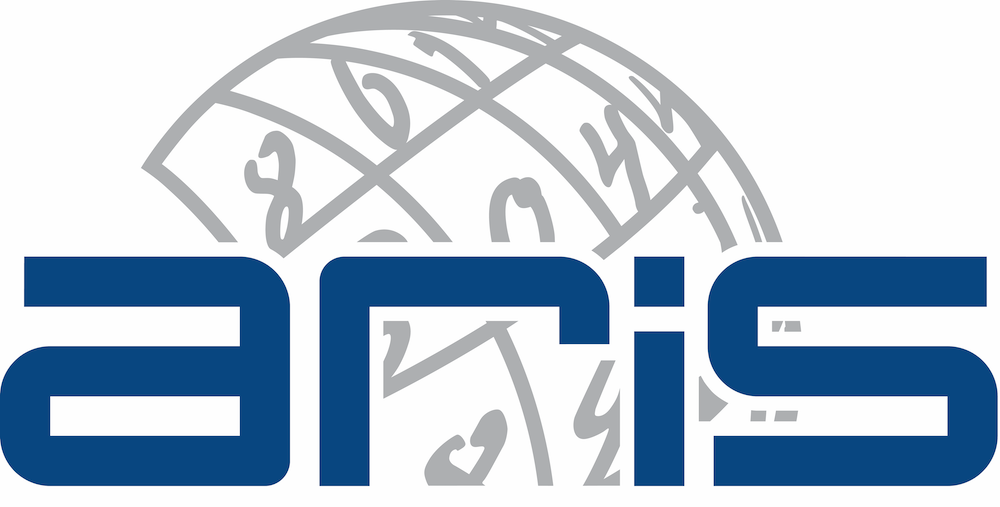Journal of Information Technology in Construction
ITcon Vol. 28, pg. 482-499, http://www.itcon.org/2023/24
Sensing technologies in construction engineering education: industry experiences and expectations
| DOI: | 10.36680/j.itcon.2023.024 | |
| submitted: | April 2023 | |
| revised: | August 2023 | |
| published: | August 2023 | |
| editor(s): | Obonyo E | |
| authors: | Omobolanle Ogunseiju, Ph.D.
Georgia Institute of Technology, Georgia, United States omobolanle@gatech.edu Nihar Gonsalves, Ph.D. Candidate Virginia Polytechnic Institute and State University, Virginia, United States gonsnihar@vt.edu Abiola Akanmu, Ph.D. Virginia Polytechnic Institute and State University, Virginia, United States abiola@vt.edu Diana Bairaktarova, Ph.D. Virginia Polytechnic Institute and State University, Virginia, United States dibairak@vt.edu Philip Agee, Ph.D. Virginia Polytechnic Institute and State University, Virginia, United States pragee@vt.edu Kereshmeh Asfari, Ph.D. Virginia Polytechnic Institute and State University, Virginia, United States Keresh@vt.edu | |
| summary: | As the construction industry continues to advance technologically, the adoption of sensing technologies is gradually gaining momentum. Sensing technologies (such as radio frequency identification systems, laser scanners, cameras, and global position systems) play a significant role in reducing costs, improving project productivity, and enhancing workers' health and safety. This has prompted the need for a workforce with the required skills and knowledge for deploying sensing technologies in the industry. Since construction-related education is aimed at preparing students for the future of the industry, it is important to investigate the industry’s expectations for equipping the future workforce with the required skills. This study adopts a mixed-method research approach. Data are collected from surveys, case studies, and a focus group discussion with industry practitioners. The data elucidate participants’ perceptions, attitudes, and beliefs regarding: the skills required, and level of knowledge transfer required to advance sensing technologies on construction projects, and the value and anticipated demand for these skills. The findings also revealed the extent to which sensing technologies are deployed in the industry and the benefits driving the adoption of these technologies. The results reveal a high rate of adoption of sensing technologies amongst industry practitioners and inform construction applications and skills to be taught in construction engineering education. This study contributes to the existing scarce literature on the knowledge and skill demands of the industry to implement sensing technologies. The findings provide critical feedback for expanding the construction education curriculum to meet up the industry’s demand and adequately prepare the future workforce. | |
| keywords: | Knowledge, Skills, Sensing technologies, Future workforce, Industry demands | |
| full text: | (PDF file, 0.325 MB) | |
| citation: | Ogunseiju O, Gonsalves N, Akanmu A, Bairaktarova D, Agee P, Asfari K (2023). Sensing technologies in construction engineering education: industry experiences and expectations. Journal of Information Technology in Construction (ITcon), 28, 482-499. https://doi.org/10.36680/j.itcon.2023.024 | |
| statistics: |





